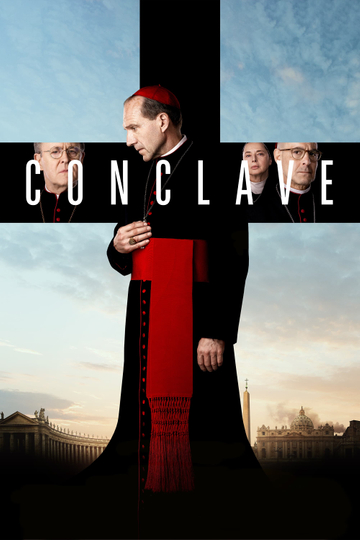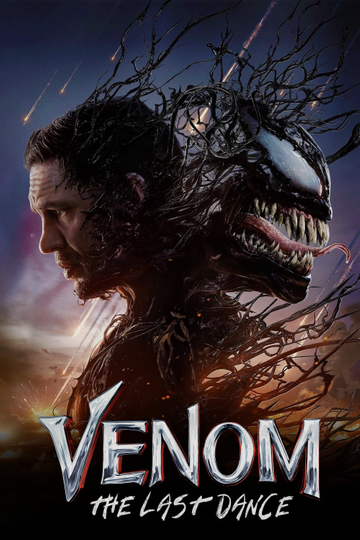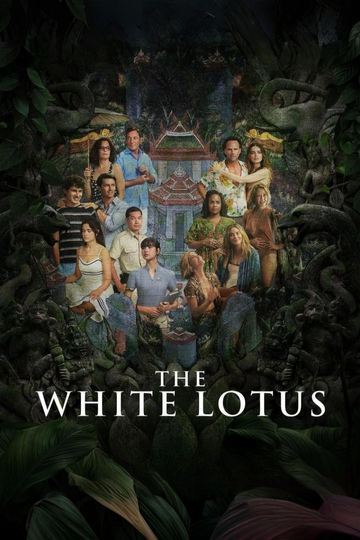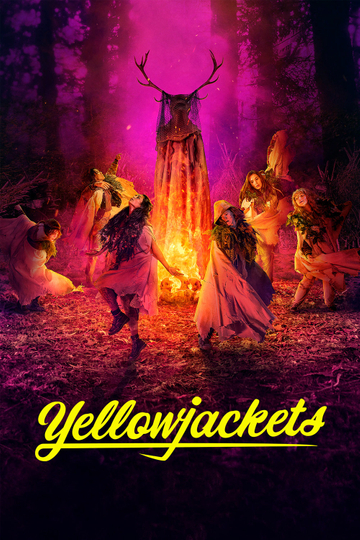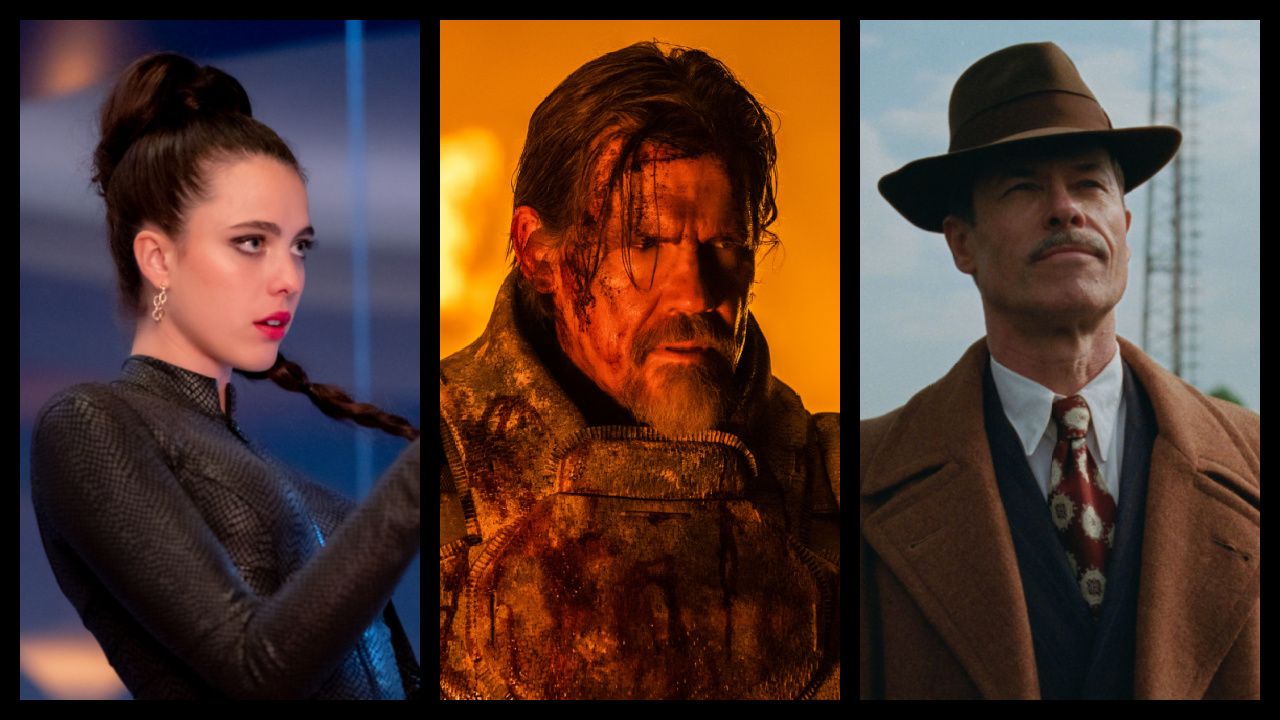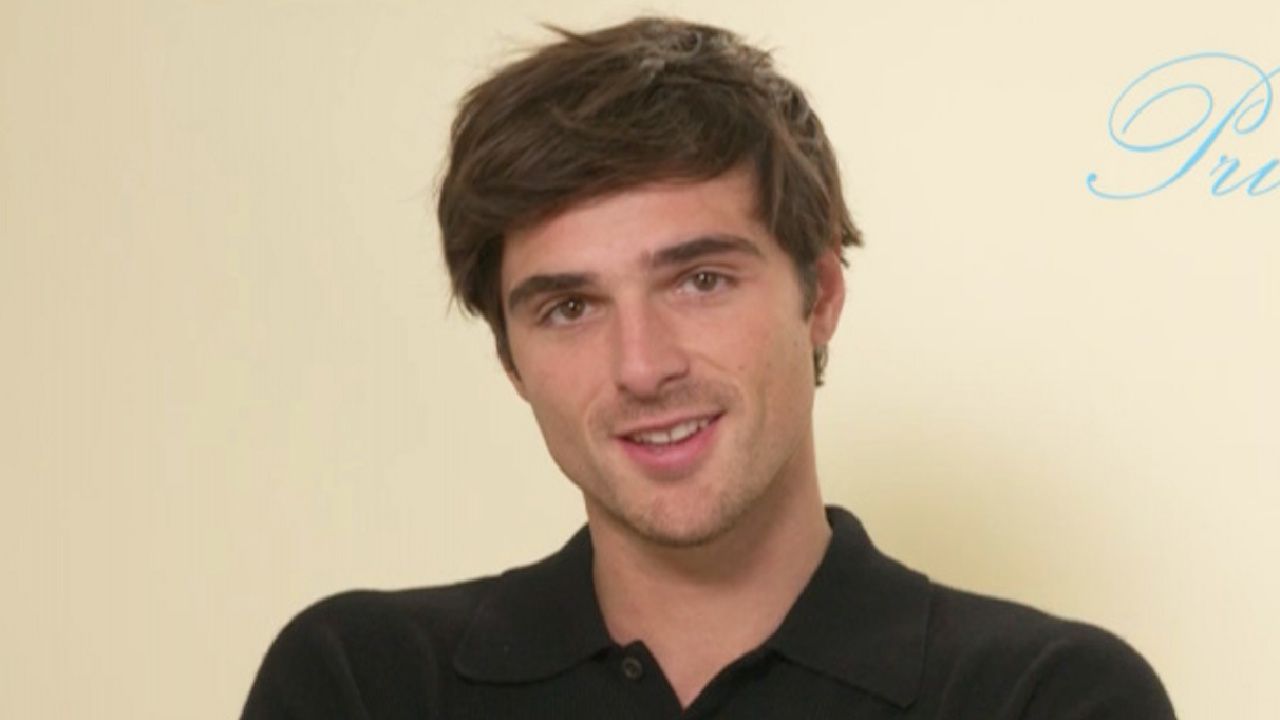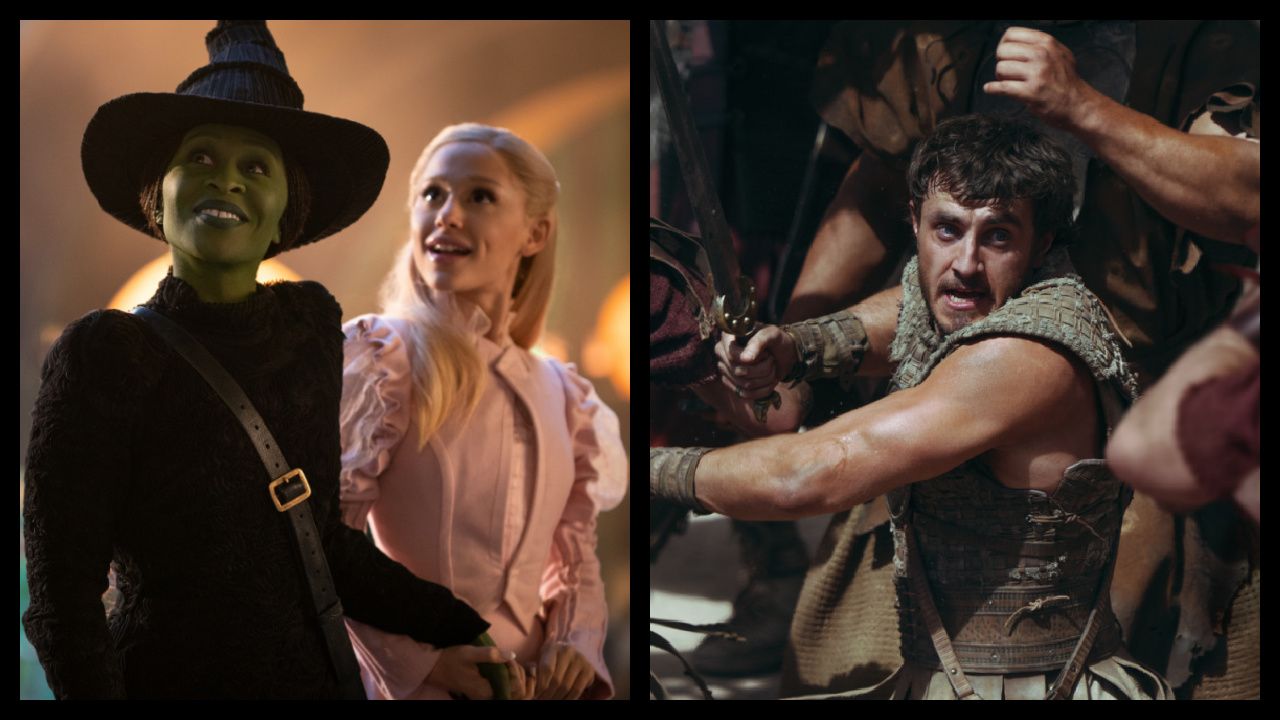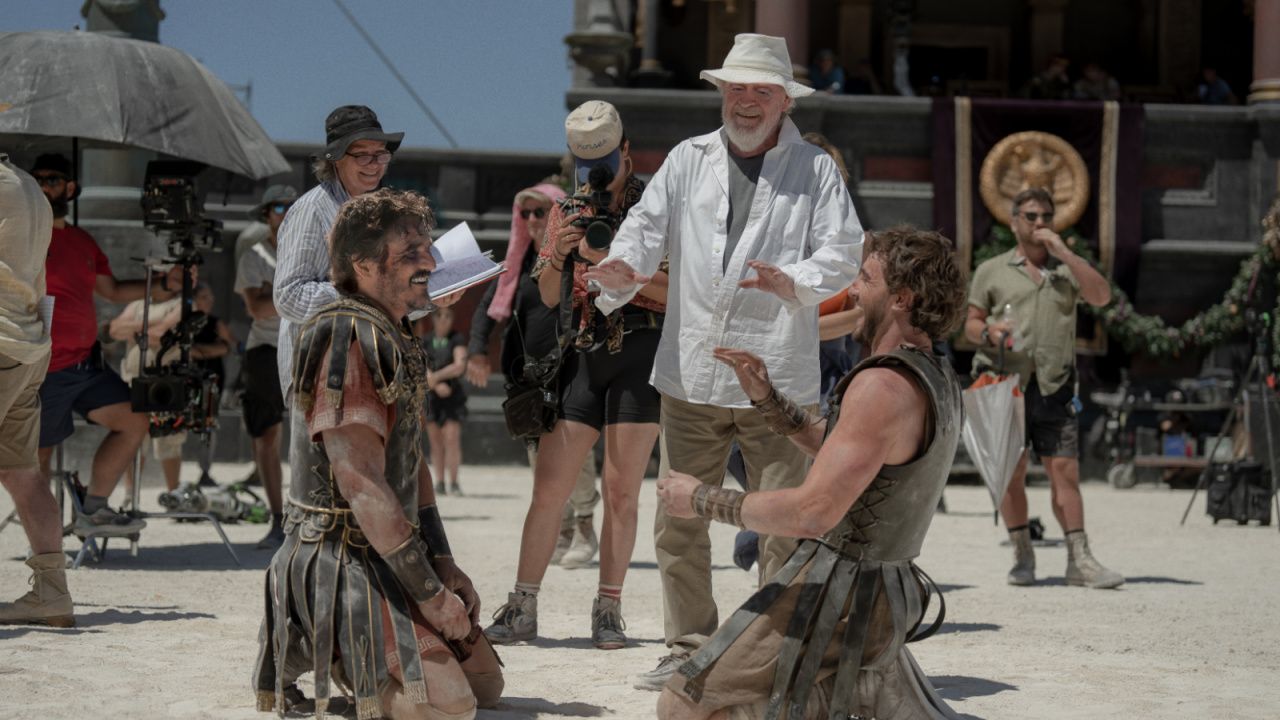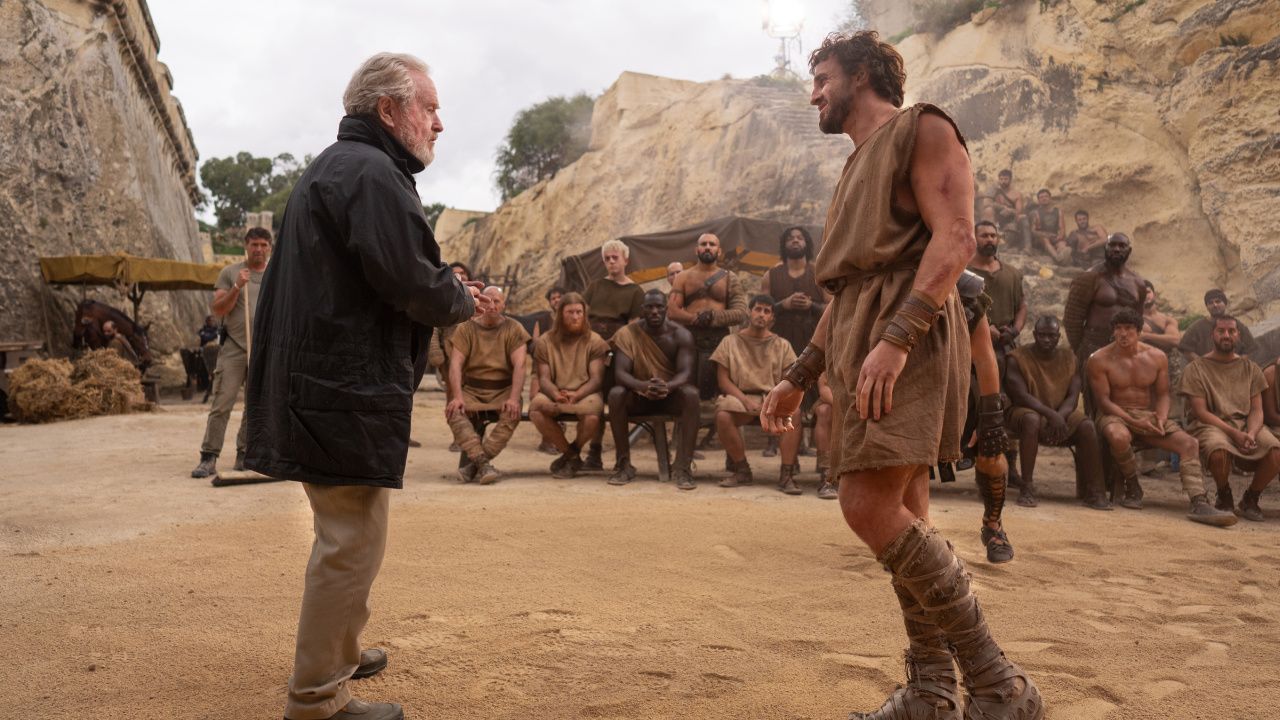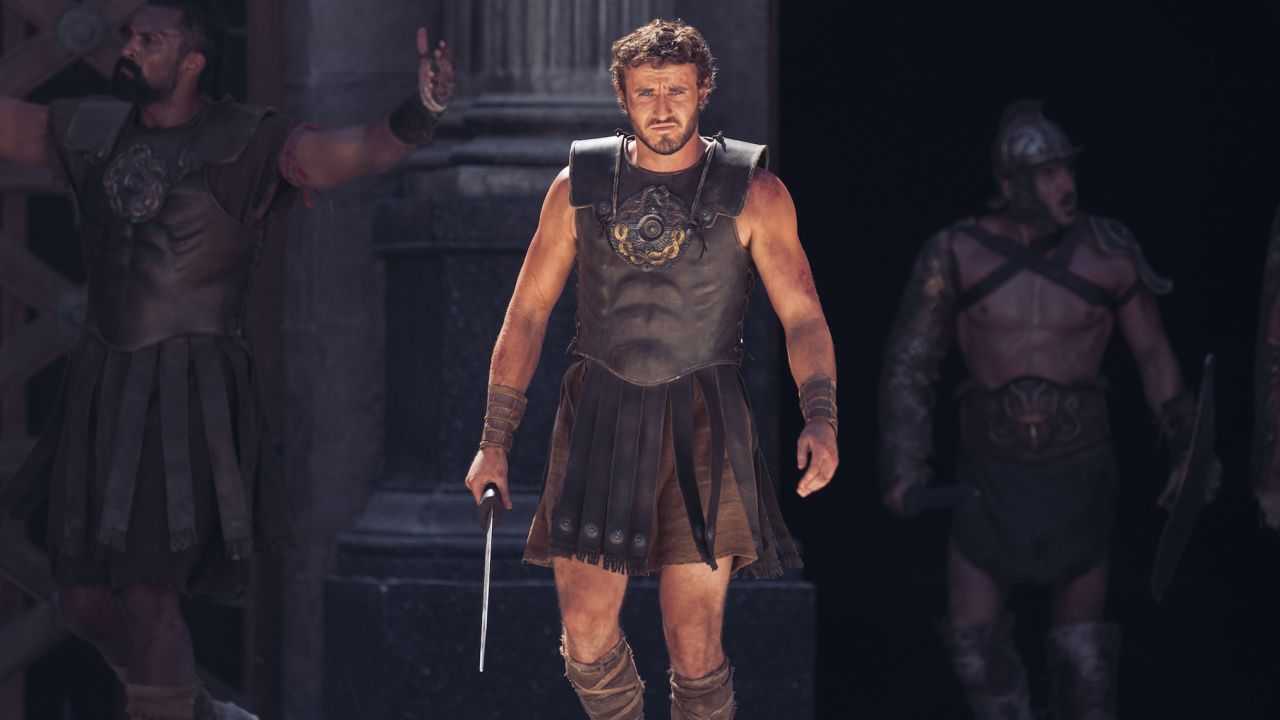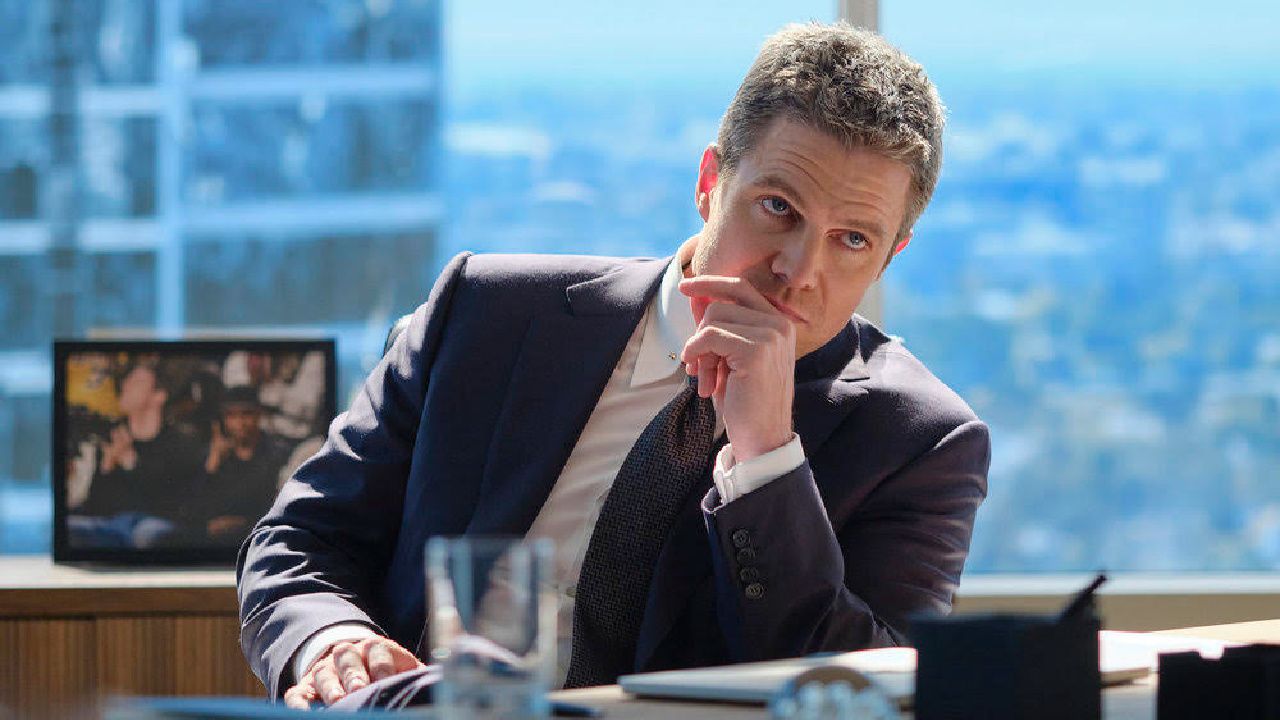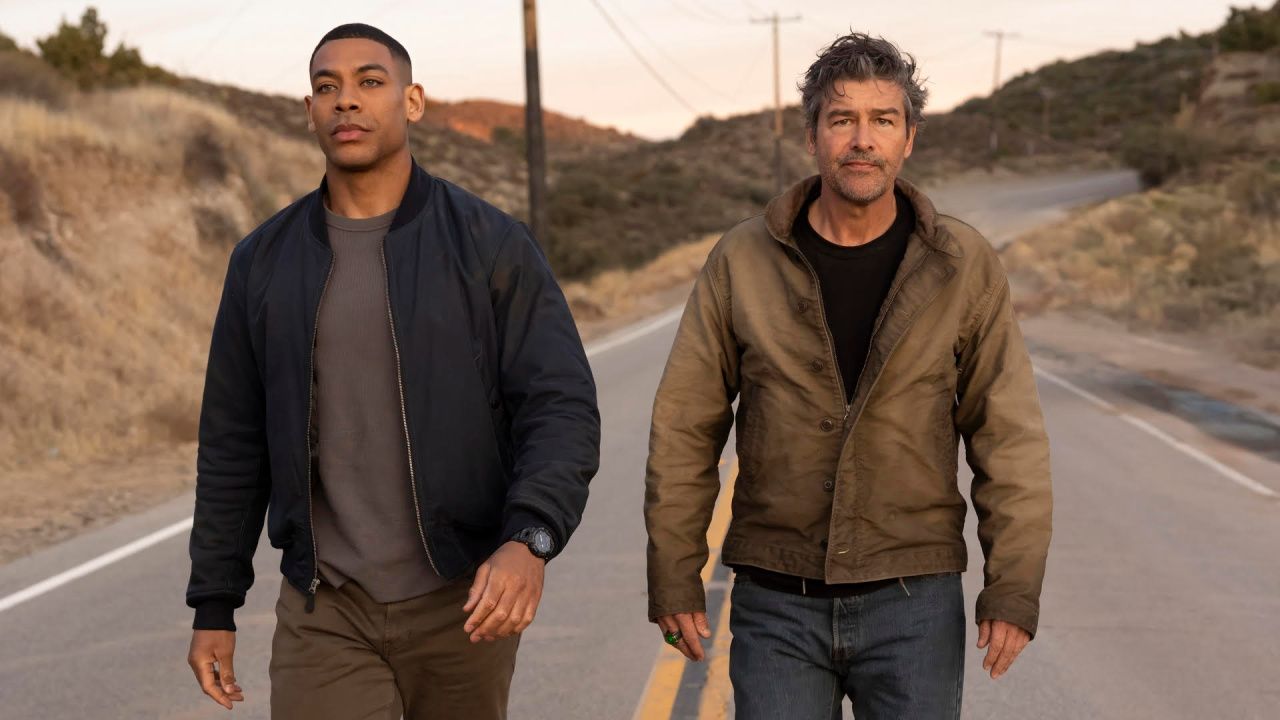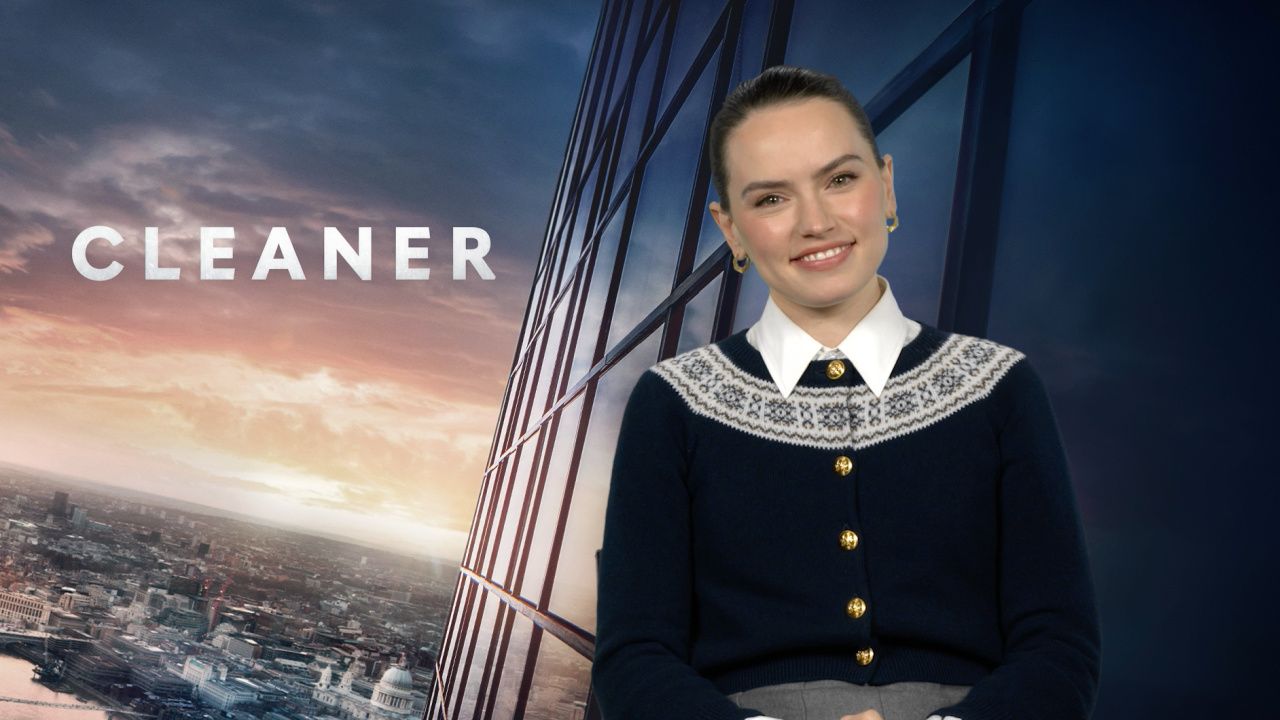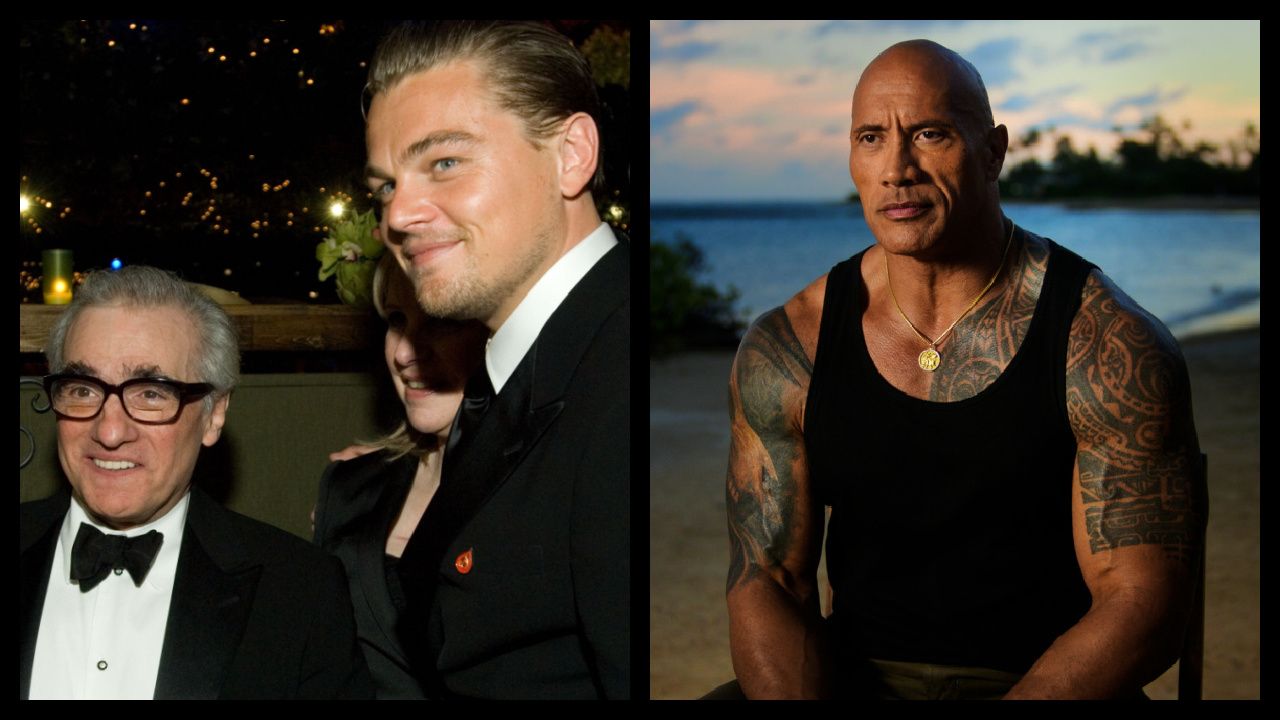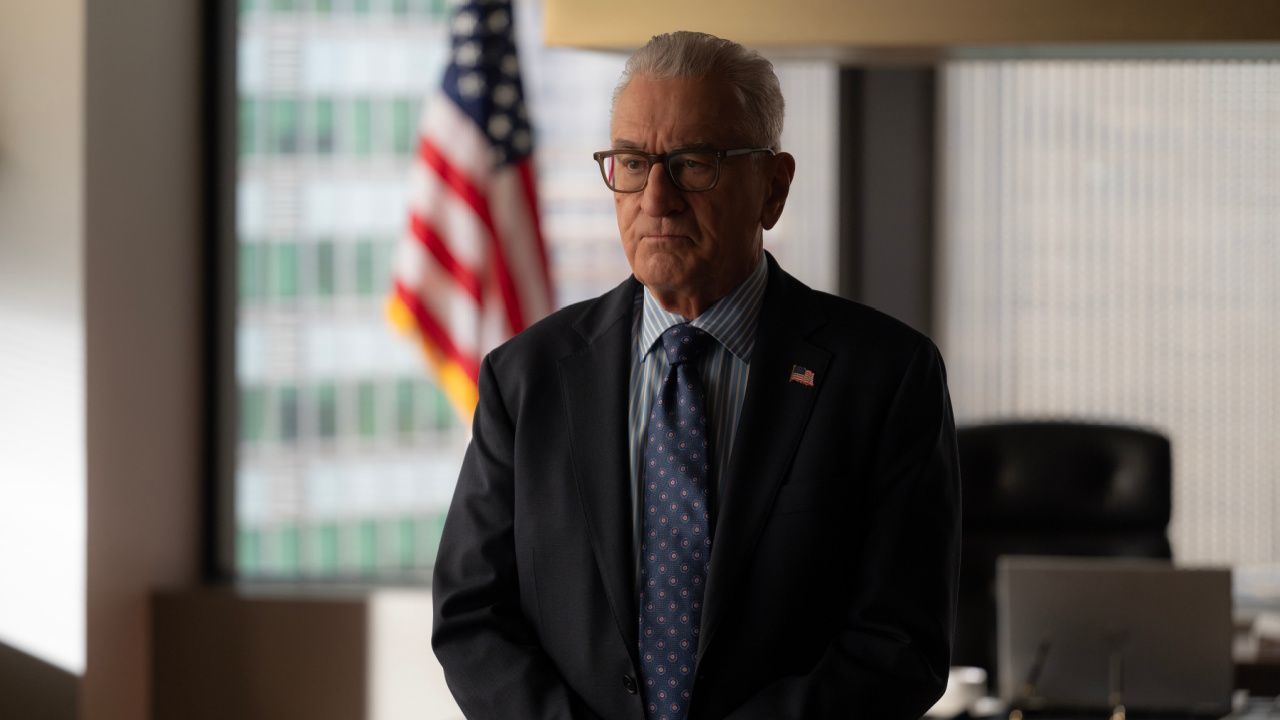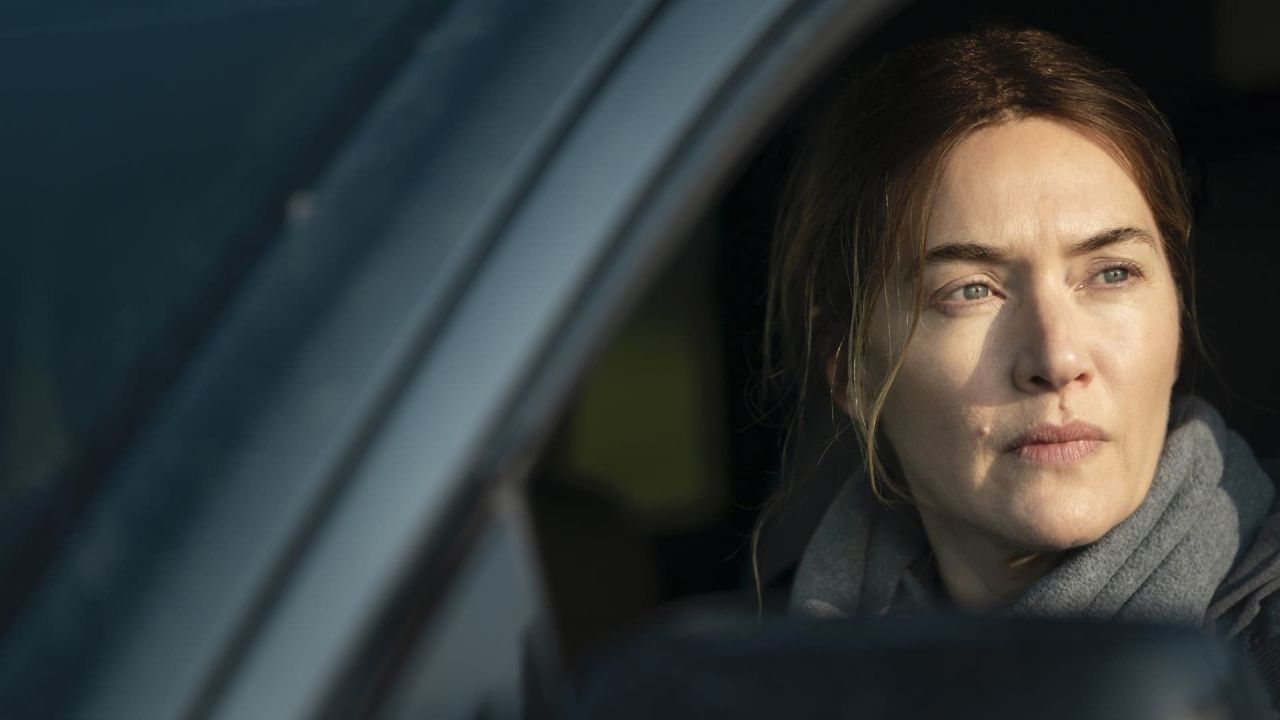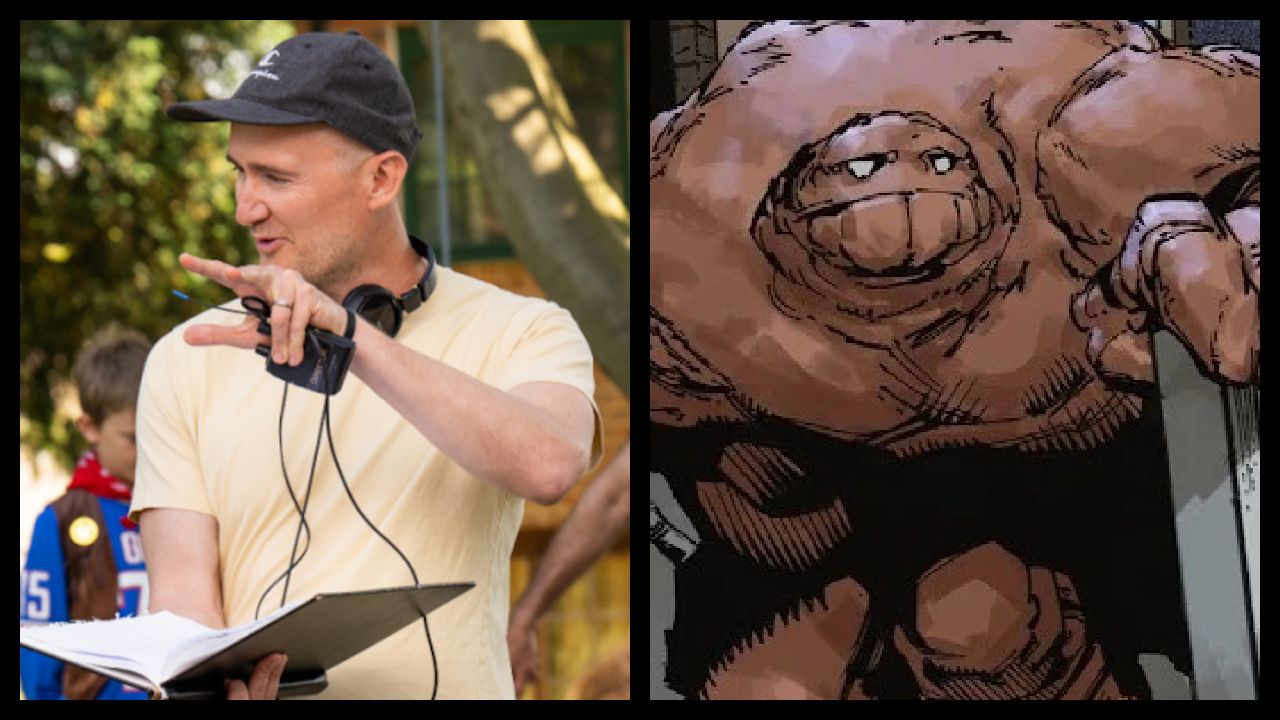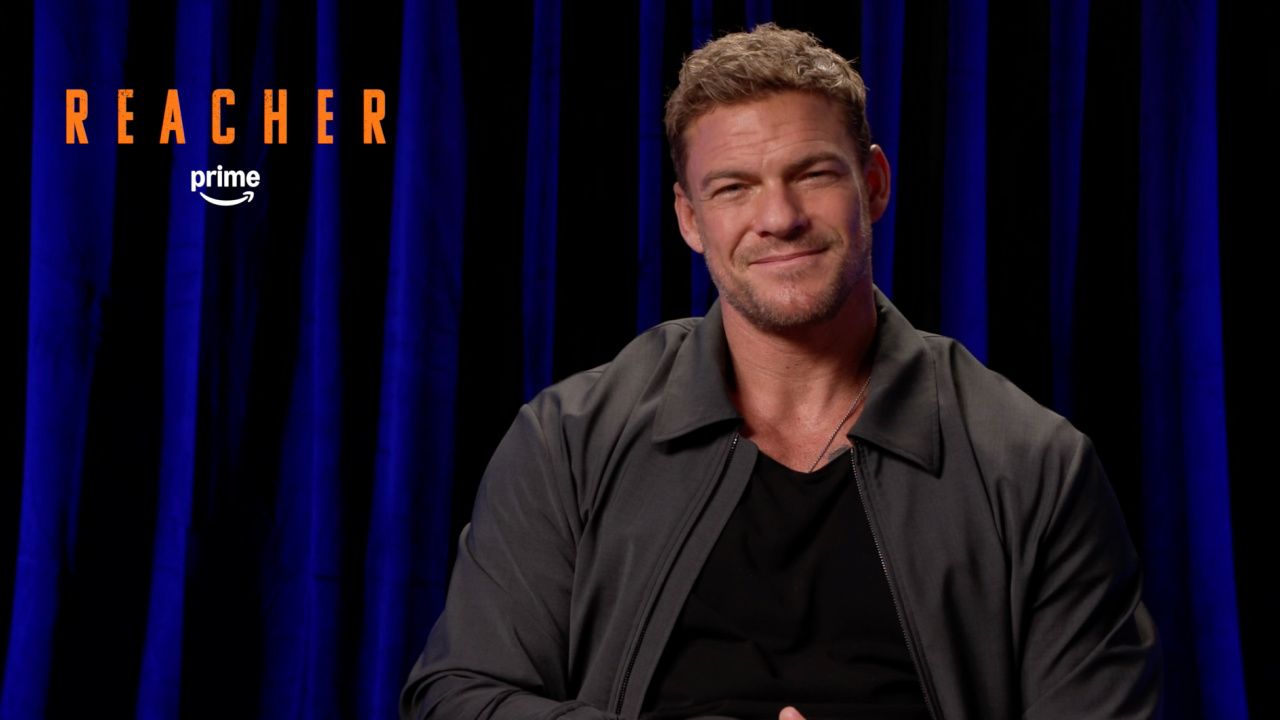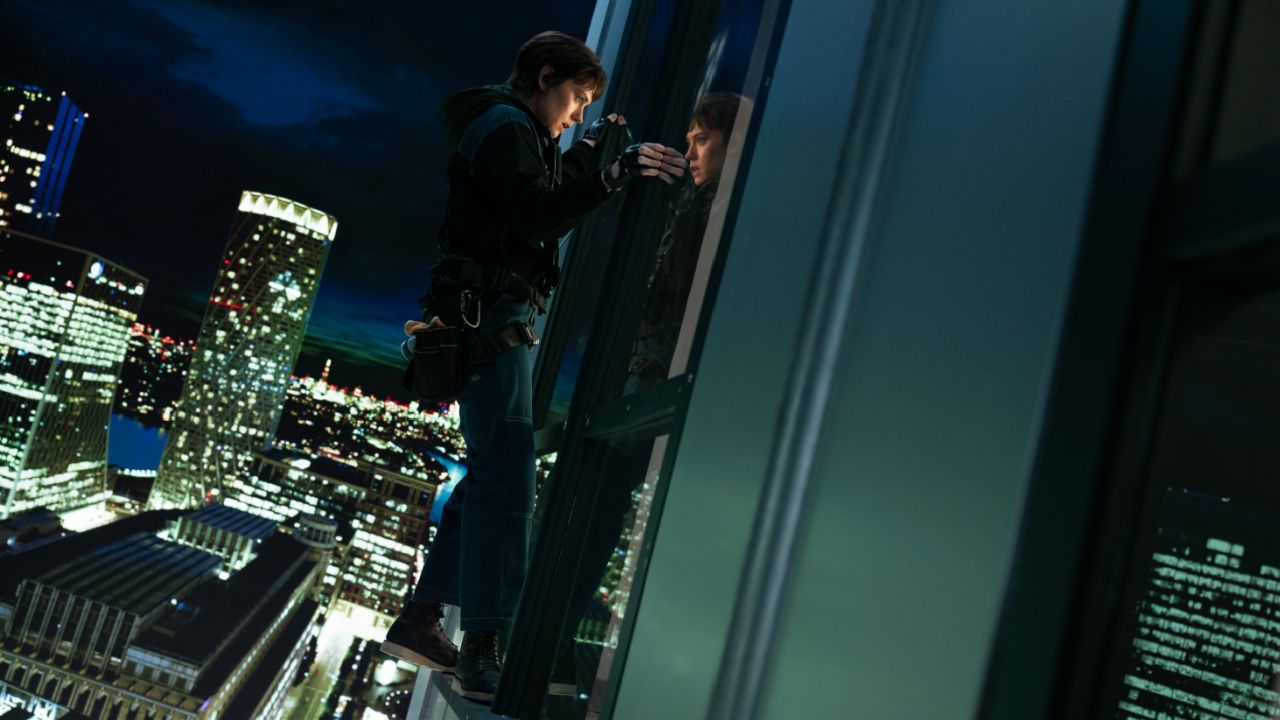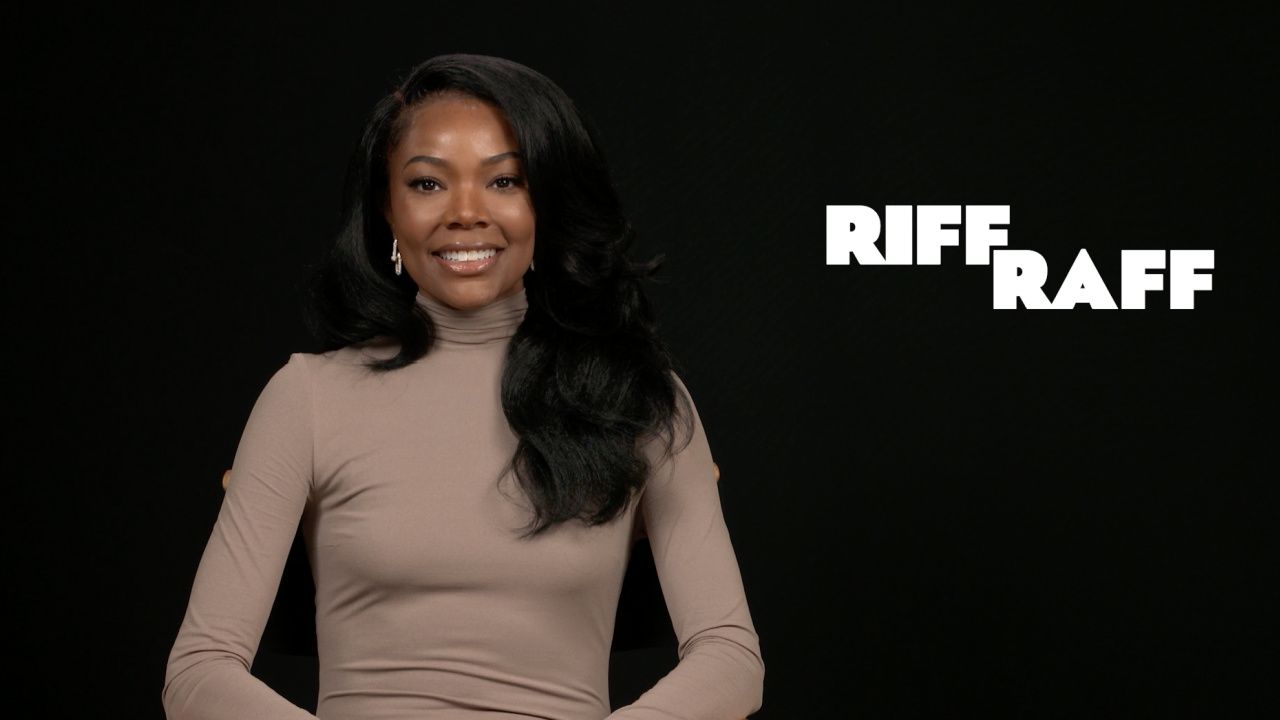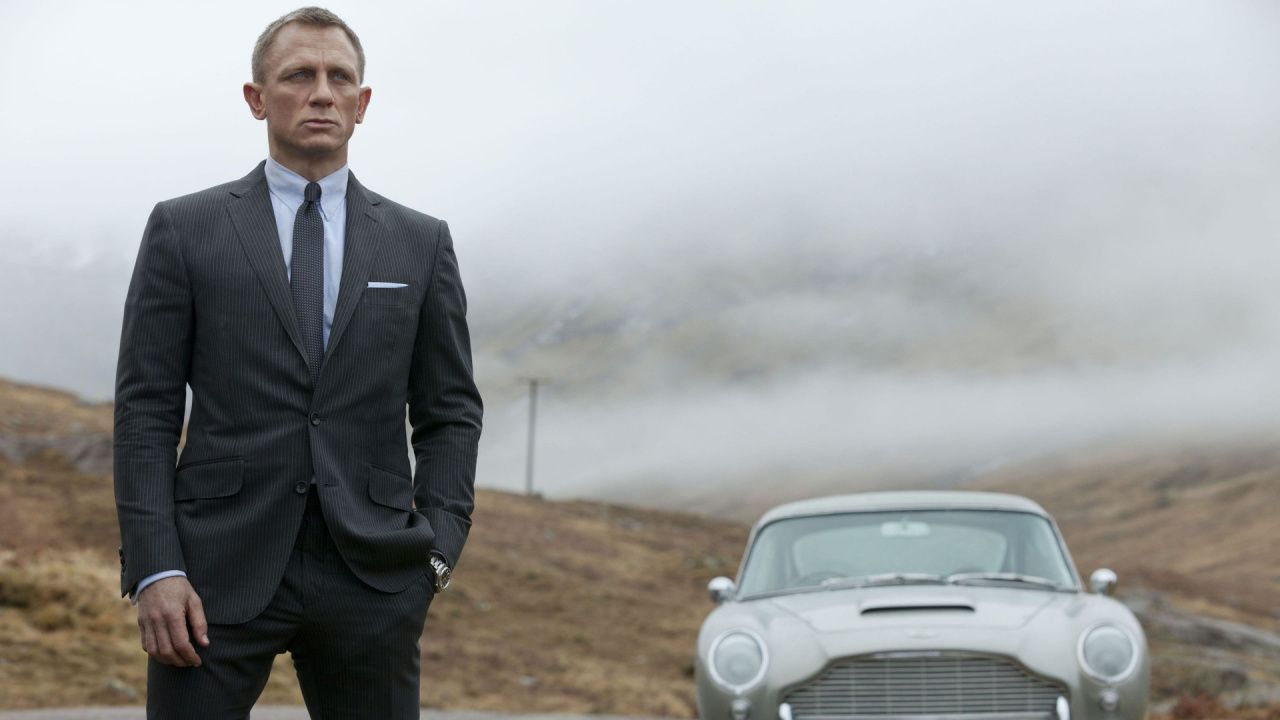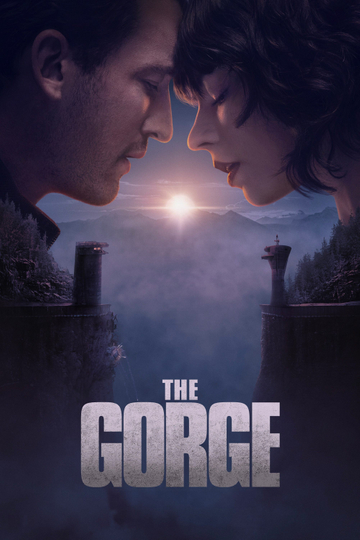Oscars 2016: How Academy Voters Are Being Dragged Into the 21st Century
The Academy's voters are often derided as being old and out of touch. But they're being dragged, kicking and screaming, into the 21st century.
Whether they want to or not, awards voters are being forced to contend with new technology, not just in the film's themselves, but even in their own judgment and voting processes. But they're also finding that the new ways are not all they're cracked up to be, especially in a year full of cinematic throwbacks.
On Wednesday, December 30, the Academy opened its private website to its members for online voting. It had mailed out paper ballots days earlier, but the organization would really like to modernize the process and get its members to vote over the Internet. "Encourage your colleagues to join you by voting online. Paper ballot delivery is not reliable -- every year, many paper ballots are left uncounted," Academy CEO Dawn Hudson wrote in a recent e-mail to voters. Given how wide-open many of the category races are this year, and how few votes it takes to actually earn a nomination (as few as 315 of the 6,261 members need to cite a movie as a favorite for it to secure a Best Picture slot), every vote really does matter. And because of the rush-rush awards calendar, Oscar voters have only 10 days to fill out those ballots, which are due back by January 8. So voters who don't want to risk having their paper ballots arrive late in the mail really do have to go online.But not everything about the migration of the awards season to the Internet is running smoothly. Over at the Screen Actors Guild, the private website the voters use to stream some of the nominated films crashed last weekend for two crucial days as the SAG Awards voters were trying to pick winners. Among the film's affected were such little-seen titles as "Beasts of No Nation," "The Big Short," "The Revenant," and "99 Homes," as well as modest box office hits "Bridge of Spies," "Black Mass," and "Spotlight,"
It's long been a common practice for campaigning studios to send DVD screeners to voters, but the makers of "Black Mass," "Revenant," "99 Homes," and "Bridge of Spies" weren't planning to do so because they were relying on the streaming site. To the extent that the SAGs have an influence on the Oscars -- there's some voter overlap between the two groups, and the late-January SAG Awards ceremony is held while Academy members are voting for winners among the nominees -- the streaming blackout could affect the chances of both front-runners (Best Actor favorite Leonardo DiCaprio for "Revenant," Best Supporting Actor leader Mark Rylance for "Bridge of Spies") and those who could really use the attention (Supporting Actor long-shot Michael Shannon in "99 Homes," Best Actor candidate Johnny Depp in "Black Mass," and the entire casts of "Beasts," "Spotlight," and "Short").The paradox in this drive to make awards screenings and voting digital is that many of this year's most noteworthy films are self-conscious throwbacks to earlier movies, earlier eras, and earlier technologies. The "Star Wars" prequels may have ushered in the era of digital shooting and projection, but J.J. Abrams made a point of shooting Best Picture candidate "Star Wars: The Force Awakens" on old-school celluloid film, in part to give the movie the same feel as the original trilogy from nearly 40 years ago. Quentin Tarantino has been talking non-stop for a year about how important it was for him to shoot "The Hateful Eight" on celluloid, too, and made a point of screening the movie last week in old-school 70MM at 100 retrofitted theaters around the country. Another old-fashioned western, "The Revenant," made a point of shooting with only natural light. "Mad Max: Fury Road" isn't just the revival of a 30-years-dormant franchise; it's also shot using low-tech special effects, without CGI.
"Brooklyn" is an old-fashioned romantic drama that obeys narrative conventions at least as old as its 1950s setting. Similarly, 1950s-set "Carol" is shot in a way that recalls Douglas Sirk's Technicolor romantic dramas of that era. "Bridge of Spies," a Cold War spy thriller set in 1960, wears its old-fashioned-ness on its sleeve. Journalism procedural "Spotlight" echoes a 1976 Best Picture nominee about investigative reporters who uncover a vast, real-life scandal, "All the President's Men." And "Creed" depends on nostalgia for 1976's Best Picture winner, "Rocky."
The most forward-looking movie in the awards race, "The Martian," could be seen as a film about a hero who actually uses science and technology to solve his problems and stay alive. Its director, 78-year-old Ridley Scott, has heartily embraced new technology and choose to shoot the film with state-of-the-art 3D cameras. Then again, he's been making movies about stranded astronauts since "Alien" 36 years ago. And he's never won an Oscar, not even for Best Picture winner "Gladiator" 15 years ago, so many of his peers may consider a win for him for "The Martian" as a redressing of past wrongs. No matter how much the Academy wants to look toward the future, it'll be forced to reckon with the past as well.


